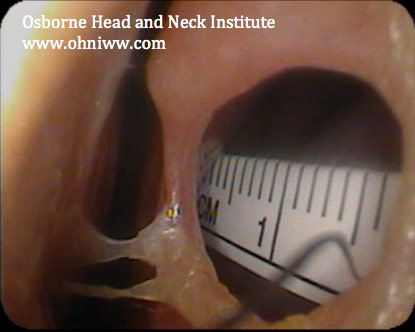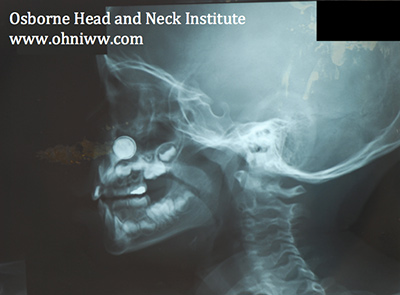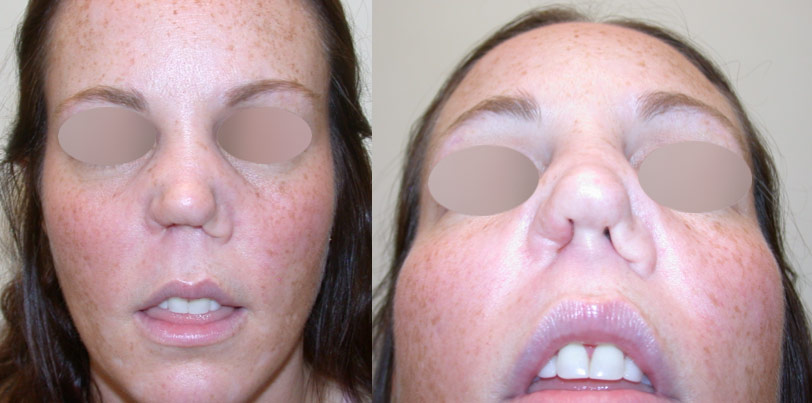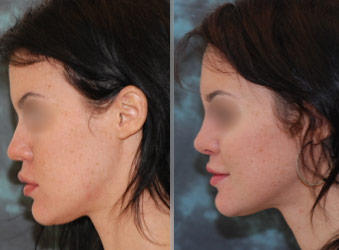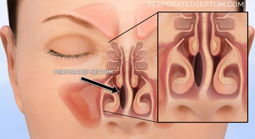Nose Picking (Rhinotillexis) and Septal Perforations: Why I should stop picking my nose…?
Nose picking is one of the leading causes of epistaxis (nose bleeds) and a common cause of septal perforations (a hole in the nasal septum). Nose picking (rhinotillexis) is defined as the insertion of the finger and/or object into the nose for the purpose of removing nasal secretions, mucus, crusts and so forth. Download article …

